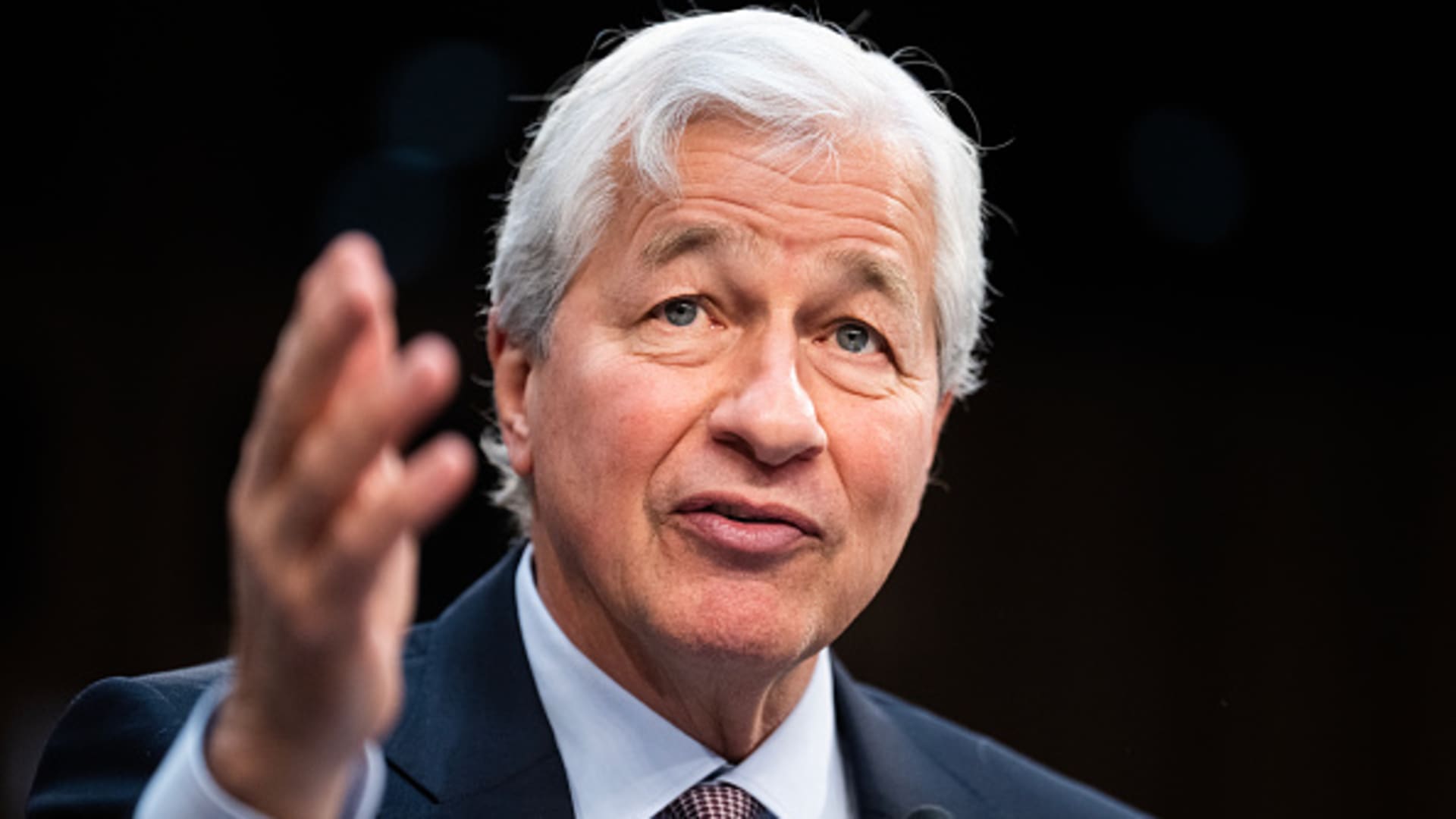I’m at the Association for Private Enterprise Education (APEE) meetings in Last Vegas and my weekly reading roundup has been delayed by a day.
by Jacob Sullum, Reason, May 2024.
Excerpt:
In March, Oregon legislators overwhelmingly approved recriminalization of low-level drug possession, reversing a landmark reform that voters endorsed in 2020. Although critics of that ballot initiative, Measure 110, cited escalating drug-related deaths as a reason to reinstate criminal penalties, there is little evidence that decriminalization contributed to that problem.
Deaths involving opioids have been rising nationwide for more than two decades. That trend was accelerated by the emergence of illicit fentanyl as a heroin booster and substitute, a development that hit Western states after it was apparent in other parts of the country.
“Overdose mortality rates started climbing in [the] Northeast, South, and Midwest in 2014 as the percent of deaths related to fentanyl increased,” RTI International epidemiologist Alex Kral noted at a January conference in Salem, Oregon. “Overdose mortality rates in Western states did not start rising until 2020, during COVID and a year after the introduction of fentanyl.”
That lag explains why Oregon saw a sharper rise in opioid-related deaths than most of the country after 2019. But so did California, Nevada, and Washington, neighboring states where drug possession remained a crime.
by Stephen F. Hayward, The Coolidge Review, March 25, 2024.
Excerpt:
Still, I have always thought historians who disliked Coolidge had a secondary purpose to attaching the Silent Cal label to him: they hoped you would ignore what he said—because if you read it, you might be persuaded by it.
Take the 1922 speech Vice President Coolidge gave before the American Bar Association. Coolidge wrote his own speeches, and that address is a brilliant and prescient analysis of what today we call the administrative state and why it can’t give us effective government. When you read it, you realize he is contesting all the premises of Woodrow Wilson and the early administrative state before that term came into use.
Note: An overall evaluation of Coolidge should include his and his Treasury Secretary Andrew Mellon’s reduction of marginal tax rates at all levels. Unfortunately, it should also include his support of tough restrictions on immigration and his allowing federal Prohibition enforcers to poison alcohol.
Interview of Lonsdale by Nick Gillespie, Reason, April 3, 2024.
Excerpt:
Gillespie: Can you ballpark what percentage of stimulus payments were either wrong or shouldn’t have been made?
Lonsdale: I don’t have that information myself. Palantir is a nonpartisan company. I don’t even run it anymore. I’m close to a lot of people behind it. I remember at the time, even President [Barack] Obama agreed, for example, there’s lots of fraud in Medicaid. We should probably go after it. He visited us. He was going to do it. His office ended up stopping us from doing it. They didn’t want that. Their office doesn’t want us to, because they don’t want the narrative out there admitting how bad it is, which is frustrating, because we can actually fix most of it.
Gillespie: Is there any way to change that political calculus?
Lonsdale: You need a really strong, really competent president who’s willing to do it. Policy-wise, the Trump administration was willing to, but there’s a certain level of confidence that wasn’t always there on the follow through. And people have pushed back, and they drop it.
Gillespie: I mean, every president’s like this. I’m not going to touch your Medicare. And that might mean I’m not going to touch your Medicare even if you’re getting it under the wrong circumstances.
Lonsdale: It’s not even for people. I think most of the fraud goes to a lot of very sketchy doctors and health systems. Those places are very powerful special interests. And it just creates a huge headache to go after them. And you need a president who wants to focus on the issue. And listen, there are lots of things to focus on. I’m not telling you this is the most important thing. It does bother me as an American that we waste $100 billion or whatever it is on this nonsense.
















